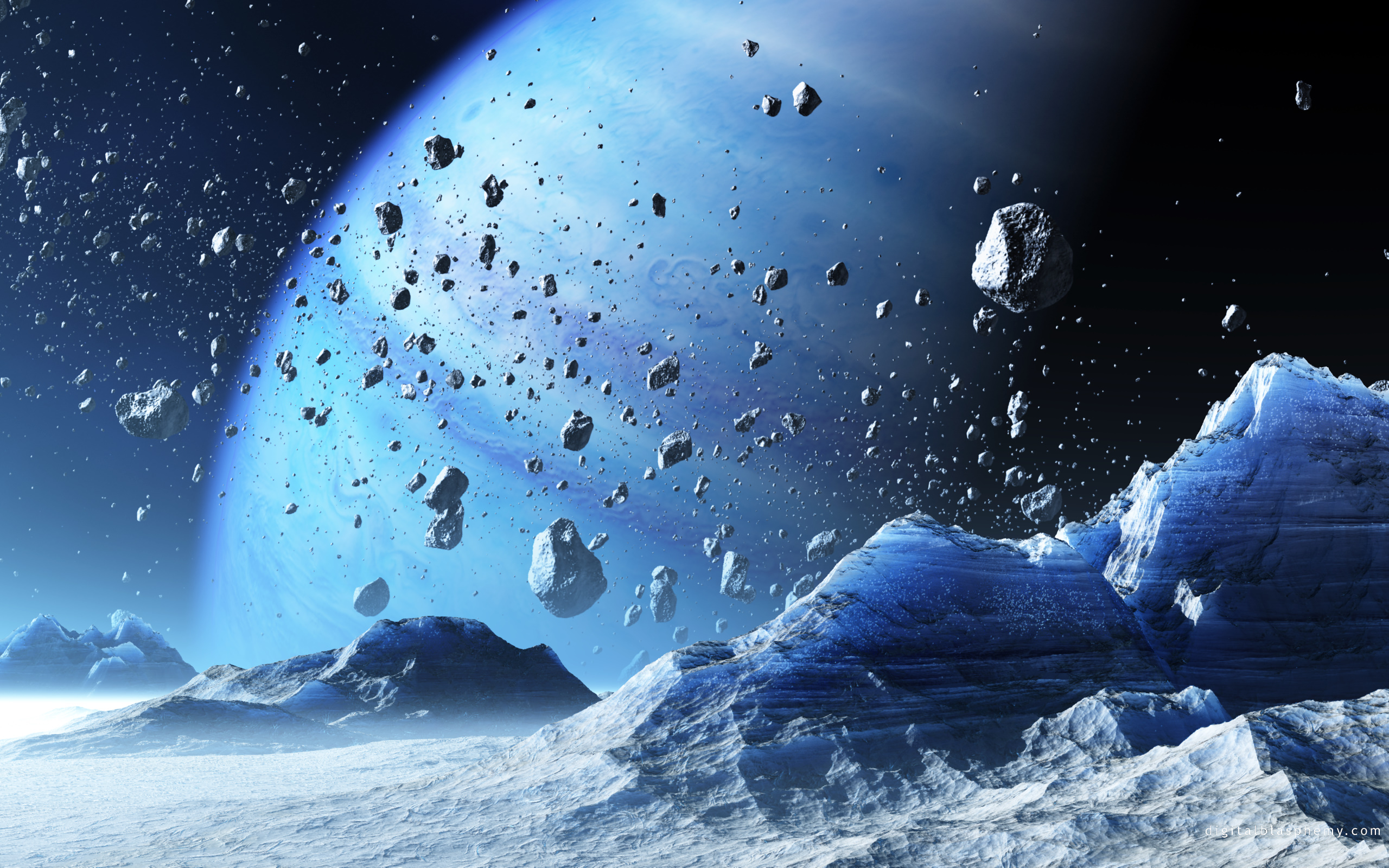I’ve seen some debating on the Internet about Setting vs. Worldbuilding (here and here, for example). None of them provided a clear picture where the separation line should lie. But the separation line is so great, that, in fact, it is not just the line, it’s the whole damn canyon.
Setting exists only in a novel, play, film, etc. It has no purpose outside it. None. It is not the same as ‘worldbuilding’, because it is the immediate place and time of action, and the social environment of an individual, the POV character (and POVs are biased). It doesn’t go beyond that, but it sets the mood and it is what you currently see with your reader’s (viewer’s) eyes. Setting can be static or dynamic (depends on how the story is told), but it is not a process.
Worldbuilding, on the other hand, is the term describing a process of construction, engineering, if you must, of a fictional world regardless of how great/small it needs to be. It can include everything from physics to cultures, to languages and even music. It is a construction site of a ‘house’, in which each apartment can become a setting at some point in time. It’s a process of designing a framework, a ‘software package’ to write, debug, compile and build another piece of ‘software’ which is a story or what-have-you. You ‘build’ because you are structuring your ideas. You build a system. One of the great examples of such framework is the Orion’s Arm Project. It is self-sufficing and provides settings for stories. Another fine example are The Hard Return books by A. J. Klassen (AJ had published ‘book 0’ so far, but there are more on the way, and as a witness of the writing process and occasional consultant pal I can tell they’re awesome.) Love or hate it, but if you are a writer, a game designer, or anything of a sort, you are building a world.
Geofiction is almost self-explanatory. At least the ‘fiction’ part, which is exactly the statement of difference in purpose from worldbuilding. Geofiction includes everything worldbuilding does, but it exists for its own sake. A great example of geofiction is Planet Furaha.

Nice post maybe a little over my head maybe…